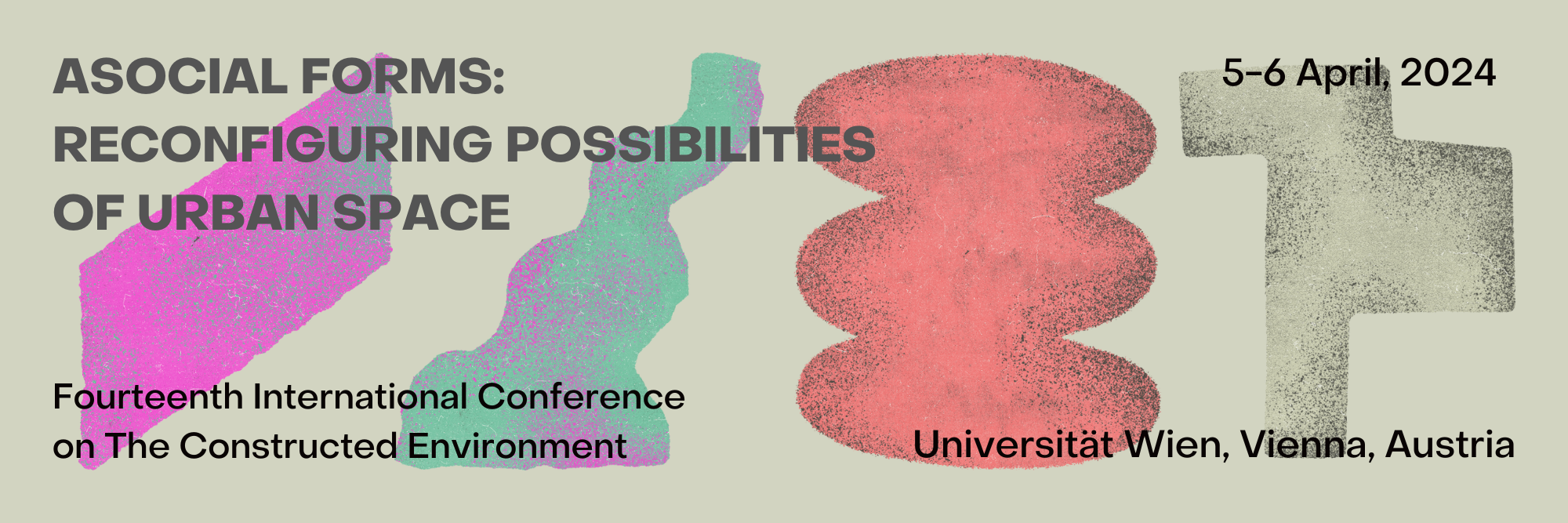Asocial Forms: Reconfiguring Possibilities of Urban Space

In our cities, the built environment and physical forms play crucial roles in shaping social interactions and community building. However, many urban spaces have come to be characterized by “asocial forms,” physical structures and spaces that lack connections to other parts of the city or do not foster social interaction between individuals. These forms can contribute to a sense of isolation and disconnection among residents, leading to a fragmented and asocial society.
This conference explores the relationship between asocial forms and social life in the urban environment, examining the ways in which the design and use of urban spaces can either facilitate or hinder social interaction. Societal shifts long in the making have contributed to today’s conditions, such as suburbanization, individualization through single-family housing, car-dependent isolation, and technology that caters to the individual over the collective. It can be argued that by reconfiguring asocial forms and creating more opportunities for social interaction, cities can foster a sense of community and enhance the overall well-being of residents.
Through a critical examination of current conditions, case studies, and best practices, the conference provides insights into how urban designers, planners, and policymakers can promote social connections and create more inclusive and livable cities.